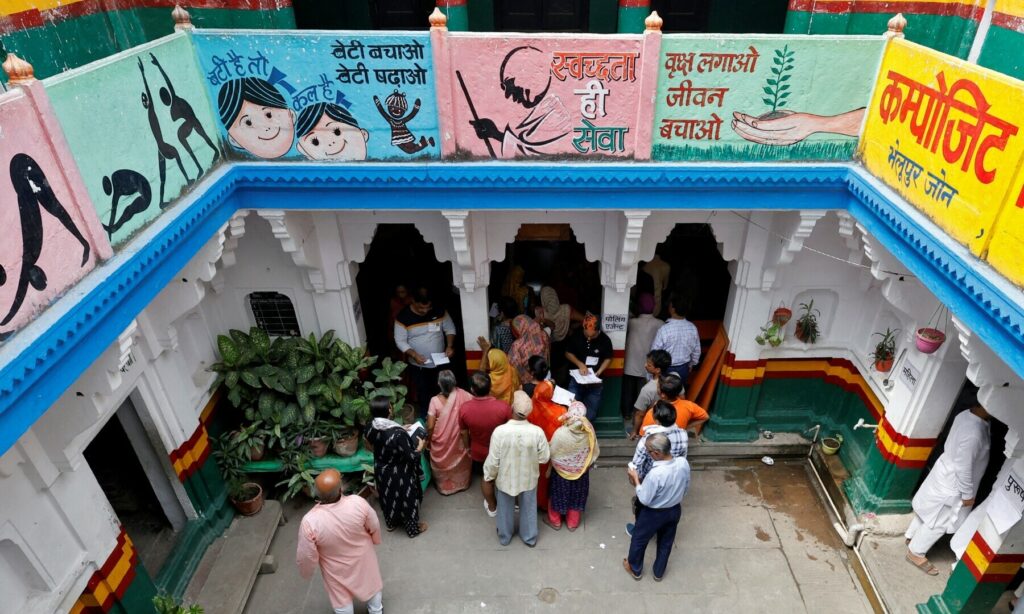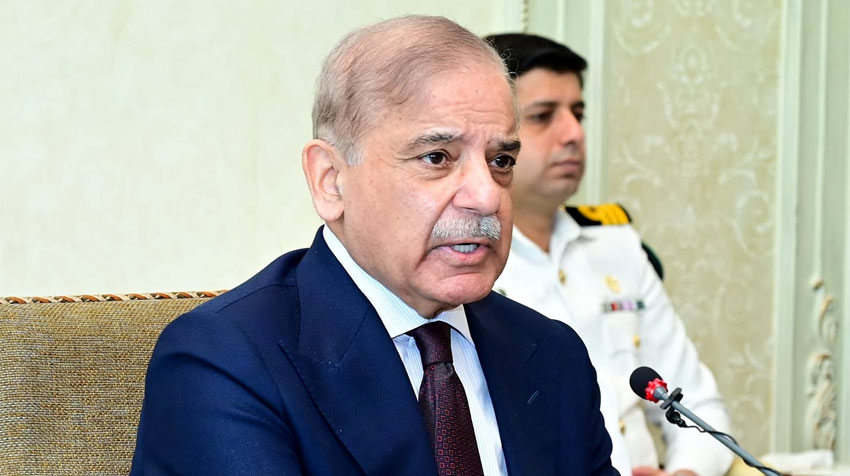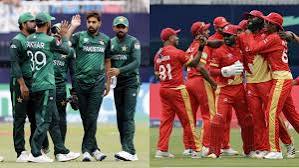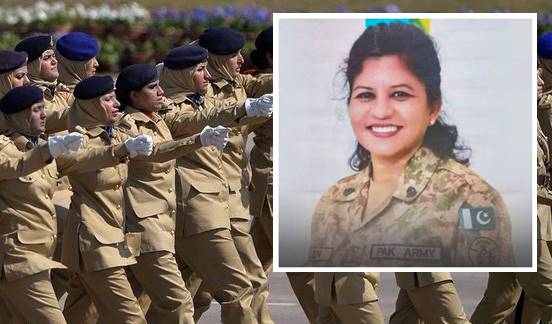In a dramatic turn of events, Arvind Kejriwal, a prominent opponent of Indian Prime Minister Narendra Modi, reaffirmed his commitment to battling what he termed a “dictatorship” before returning to jail on Sunday. This move comes as the country awaits the results of the recent general elections, which are widely expected to yield another sweeping victory for Modi’s Hindu-nationalist Bharatiya Janata Party (BJP).
Kejriwal, who serves as the Chief Minister of Delhi, has been at the center of a long-standing corruption investigation. His arrest in March, just a month before the elections commenced in April, has been labeled by his colleagues as a “political conspiracy” orchestrated by Modi’s administration. Despite being released temporarily to campaign, Kejriwal was ordered to return to jail once the voting concluded.
Addressing his supporters in a poignant speech at the Aam Aadmi Party (AAP) headquarters, Kejriwal declared, “When power becomes dictatorship, then jail becomes a responsibility.” He vowed to continue his fight from behind bars, expressing uncertainty about his future. “I don’t know when I will return,” he said emotionally. “I don’t know what they will do to me […] every drop of my blood is for the country.”
Following his speech, Kejriwal returned to jail, as confirmed by a party spokesman.
Exit Polls Indicate Modi’s Triumphant Return
As the nation awaits the official election results expected on Tuesday, exit polls suggest that Modi is poised for a resounding victory. The Prime Minister himself expressed confidence, stating that “the people of India have voted in record numbers” to re-elect his government.
In Varanasi, Modi’s constituency and the spiritual heart of Hinduism, supporters are already celebrating. Nand Lal, a flower seller outside a temple, voiced the prevailing sentiment: “His government is coming back.”
The final phase of the six-week election, which concluded on Saturday, saw voters enduring scorching temperatures to cast their ballots. The anticipation now turns to the official count, with Modi’s supporters eagerly awaiting confirmation of another term for their leader.

In 2021, Kejriwal’s government faced accusations of corruption after implementing a policy to liberalize the sale of liquor and relinquish a profitable government stake in the sector. Although the policy was retracted the following year, the investigation into the alleged corrupt allocation of licenses has resulted in the imprisonment of two of Kejriwal’s top allies.
Despite these developments, Kejriwal has steadfastly denied any wrongdoing and refused to step down from his position. “All of you, take care of yourselves,” he urged on social media. “I will take care of you all in jail.”
Targeting Political Opponents
Critics of Prime Minister Narendra Modi, including international rights groups, have long voiced concerns about the state of India’s democracy. This year, the US think tank Freedom House reported that the BJP has “increasingly used government institutions to target political opponents.”
One prominent case involves Rahul Gandhi, a key figure in the opposition Congress party and heir to a political dynasty that once dominated Indian politics. Gandhi was convicted of criminal libel last year following a complaint by a BJP member. His two-year prison sentence, which led to his disqualification from parliament, was suspended by a higher court, highlighting worries about democratic practices in India.
In February, Hemant Soren, the former chief minister of Jharkhand, was also arrested in a separate corruption investigation.
Kejriwal, Gandhi, and Soren are part of an opposition alliance consisting of more than two dozen parties. Despite their efforts, the bloc has struggled to gain ground against Modi.
Heatstroke Tragedy on Final Voting Day
On the last day of voting, at least 33 polling staff in one state succumbed to heatstroke, according to a top election official, after severe heat gripped parts of India. The deaths, all reported in Uttar Pradesh, occurred as temperatures soared above 45 degrees Celsius (113 degrees Fahrenheit) in many areas. The India Meteorological Department (IMD) reported that temperatures in Jhansi, Uttar Pradesh, reached 46.9°C (116°F).
Navdeep Rinwa, the chief electoral officer for Uttar Pradesh, confirmed that 33 polling personnel, including security guards and sanitation workers, died from the heat. Rinwa announced that the families of the deceased would receive a compensation of 1.5 million rupees ($18,000).
Experts explain that extreme heat exposure, especially when a person is dehydrated, can thicken the blood and cause organ failure. In a separate incident, a voter in Ballia lost consciousness while waiting in line and was pronounced dead upon arrival at a health facility.
India frequently endures intense summer heat, but scientific research indicates that climate change is making heatwaves longer, more frequent, and more intense.



